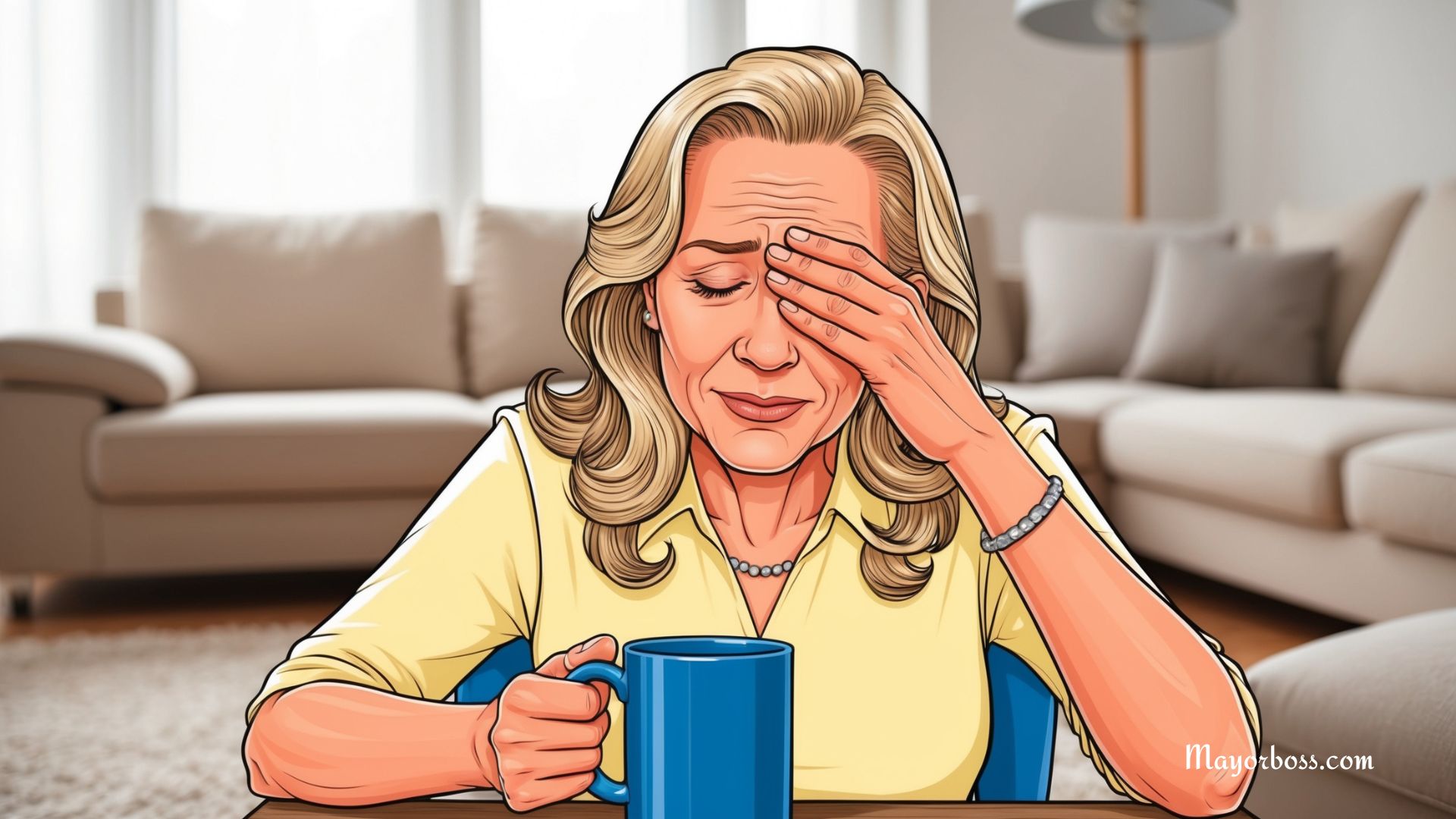12 Signs of Too Much Stress
Stress is a normal part of life, caused by things like work, money, relationships, school, or a friend or family member. In fact, one study found that about one-third of adults said they felt very stressed. But too much of it can hurt your body and mind. Some stress can help you get things done, but chronic stress, which is stress that lasts a long time, can be harmful. Keep reading to learn the signs that you might be too stressed so you know when it’s time to make changes.

1. You Feel Tired All the Time, Even After Sleeping
If you are getting enough sleep but still feel tired all day, stress might be affecting how well you sleep. Cortisol, which is a hormone your body makes when you’re stressed, can mess up your sleep cycle. This means that even if you sleep for many hours, your body might not get the deep, restful sleep it needs.
2. You Get Headaches Often
Stress-related headaches, also called tension headaches, are common when you’re too stressed. You might feel pressure around your head, temples, or neck. Many studies have found that these headaches often happen later in the day or after something stressful.
3. Your Muscles Feel Tight or Sore
When you’re stressed, your body tends to tense up. This can make your muscles feel tight and sore, especially in your shoulders, neck, and back. If your muscles are always stiff, it could be a sign that your stress levels are too high.
4. You Feel Overwhelmed and Can’t Focus on Simple Tasks
Trouble focusing is a common sign of stress. When your mind is full of worries, it’s hard to pay attention to what’s in front of you. You might also find it hard to finish tasks that used to be easy for you, which could mean you’re feeling mentally burned out.
5. Your Appetite Has Changed
Stress can change how much you eat. Some people overeat to feel better, while others lose their appetite and eat less. This happens because stress affects the hormones that control hunger. If your eating habits have changed a lot, it could be because of stress.
6. You Have Digestive Problems Like Stomachaches
Stress can affect your digestive system, causing problems like stomachaches, nausea, or indigestion. This is because it can change the way your body processes food. It can also increase stomach acid and change the balance of good bacteria in your gut, making your stomach more sensitive.
7. You’re Getting Sick More Often
Chronic stress can weaken your immune system, making it easier for you to get sick with things like colds. If you notice you’re getting sick a lot, stress might be the reason.
8. Your Heart Is Racing or Pounding
If you feel your heart racing or pounding when you’re not active, it could be a sign of stress. Stress hormones can make your heart beat faster. Over time, this can lead to heart problems.
9. You’re More Irritable or Get Angry Easily
If you find yourself snapping at people, like getting upset over a small mistake someone made or feeling more annoyed than usual, stress might be the cause. Stress can make your emotions stronger, so you’re more likely to get upset over things that usually wouldn’t bother you.
10. You Have Trouble Breathing Normally
A lot of people feel short of breath or have tightness in their chest when they’re stressed. This often comes with shallow breathing, which can make anxiety worse. Taking slow, deep breaths can help, but if you keep having trouble, it’s important to get help.
11. You Sweat More or Have Clammy Hands
Stress can trigger your body’s fight-or-flight response, which makes you sweat more. You might notice sweaty hands, a flushed face, or sweating even when you’re not exercising. This is your body’s way of trying to handle stressful situations.
12. You’re Forgetting Things More Often
Memory problems, like forgetting details or having trouble remembering things, can be a sign that stress is affecting your brain. Chronic stress can make it harder for your brain to process and remember information. If this is happening to you a lot, it may be time to try some stress-relief techniques.
What to Do If You’re Experiencing These Signs
If you’re seeing one or more of these signs, it’s time to think about how stress is affecting your life. Talking to a doctor or a psychologist can help you find ways to deal with it. Stress management techniques like exercise, meditation, and healthy eating can help lower stress and improve how you feel.
Stress is a part of life, but it shouldn’t control you. If stress feels overwhelming, consider talking to a doctor or therapist to get the help you need. Taking steps to manage stress can keep it from causing bigger health problems like high blood pressure. Take care of your body and mind—they’re important.
